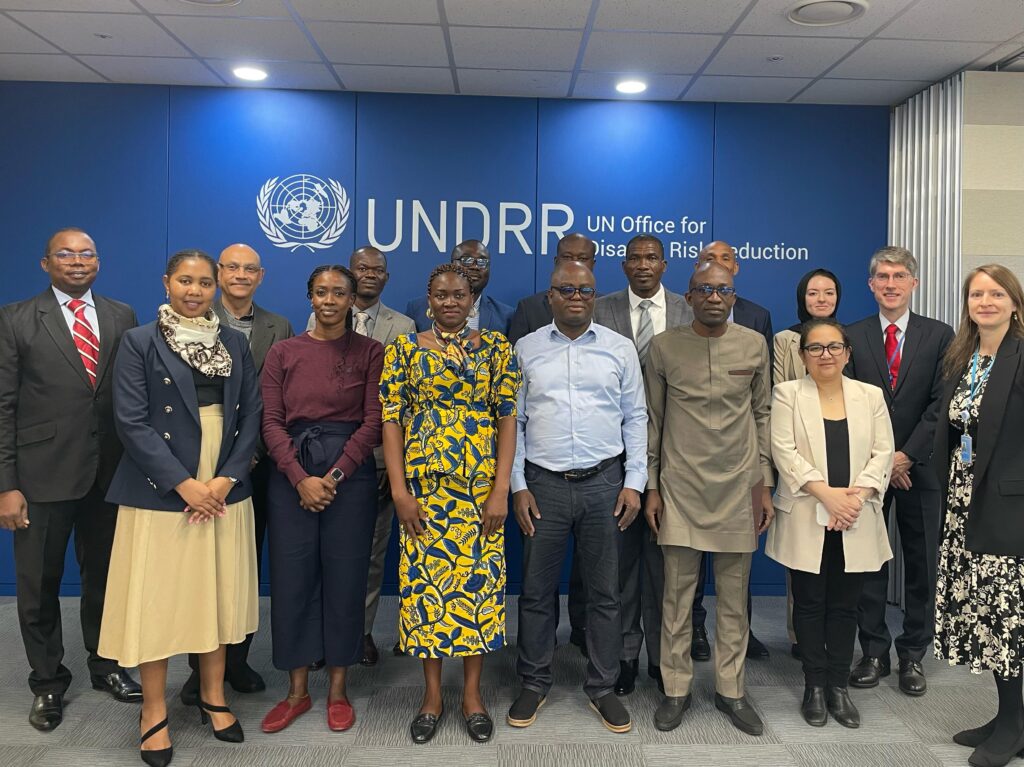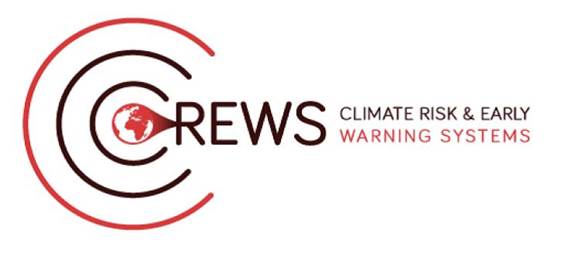Togo has made some progress in improving the access to meteorological services provided by the National Meteorological Agency (ANAMET), which are essential for monitoring weather patterns, forecasting extreme weather, and providing data for disaster preparedness. Despite the progress, Togo still faces challenges to consolidate operational early warning systems, especially with a multi-risk approach.
Following the approval of the first single country project in Togo, supported under the GCF SAP-CREWS scaling up framework, a 4-day training programme is conducted from 8-11 April 2025 in Incheon, Republic of Korea jointly organized by the United Nations Office for Disaster Risk Reduction (UNDRR) Reduction Global Education and Training Institute (UNDRR GETI, the Green Climate Fund (GCF), and the Banque Ouest Africaine de Développement (BOAD). This training will involve thematic and technical sessions co-facilitated by trainers from UNDRR GETI, experts from GCF, CREWS and EW4All partners, followed by a field visit in Incheon Metropolitan City, Making Cities Resilient 2030 (MCR2030) Resilience Hub. This course aims to introduce tools for disaster risk reduction (DRR) planning and implementation to the main Togolese national institutions that are part of the National Platform for DRR, with particular focus on multi-hazard early warning systems.

Geographically, Togo is highly vulnerable to climate change and natural disasters, particularly floods, droughts, and extreme weather events. To enhance climate resilience in the country, Togo has adopted actions to establish early warning systems including community and institutional preparedness programs through national agencies such as the National Civil Protection Agency (ANPC). These efforts have been supported by CREWS Implementing Partners, namely the World Meteorological Organization and the The World Bank under the CREWS Togo project. The country still needs to improve its legal and institutional frameworks and to upgrade its infrastructure required for implementation of advanced impact-based forecasting tools, with a special focus on hydrological forecasting in urban areas.
The expected outcomes of the workshop include strengthened capacity of stakeholders in Togo to implement Climate Information and Early Warning Systems (CIEWS) projects and improved technical skills among national staff to effectively carry out the SAP048 project, with a focus on monitoring, procurement, gender inclusion, and compliance. The workshop also aims to enhance collaboration on disaster risk reduction and early warning systems, promote knowledge sharing by trained trainers, encourage learning from Korea’s best practices, and build a clearer understanding of GCF project implementation and reporting.
